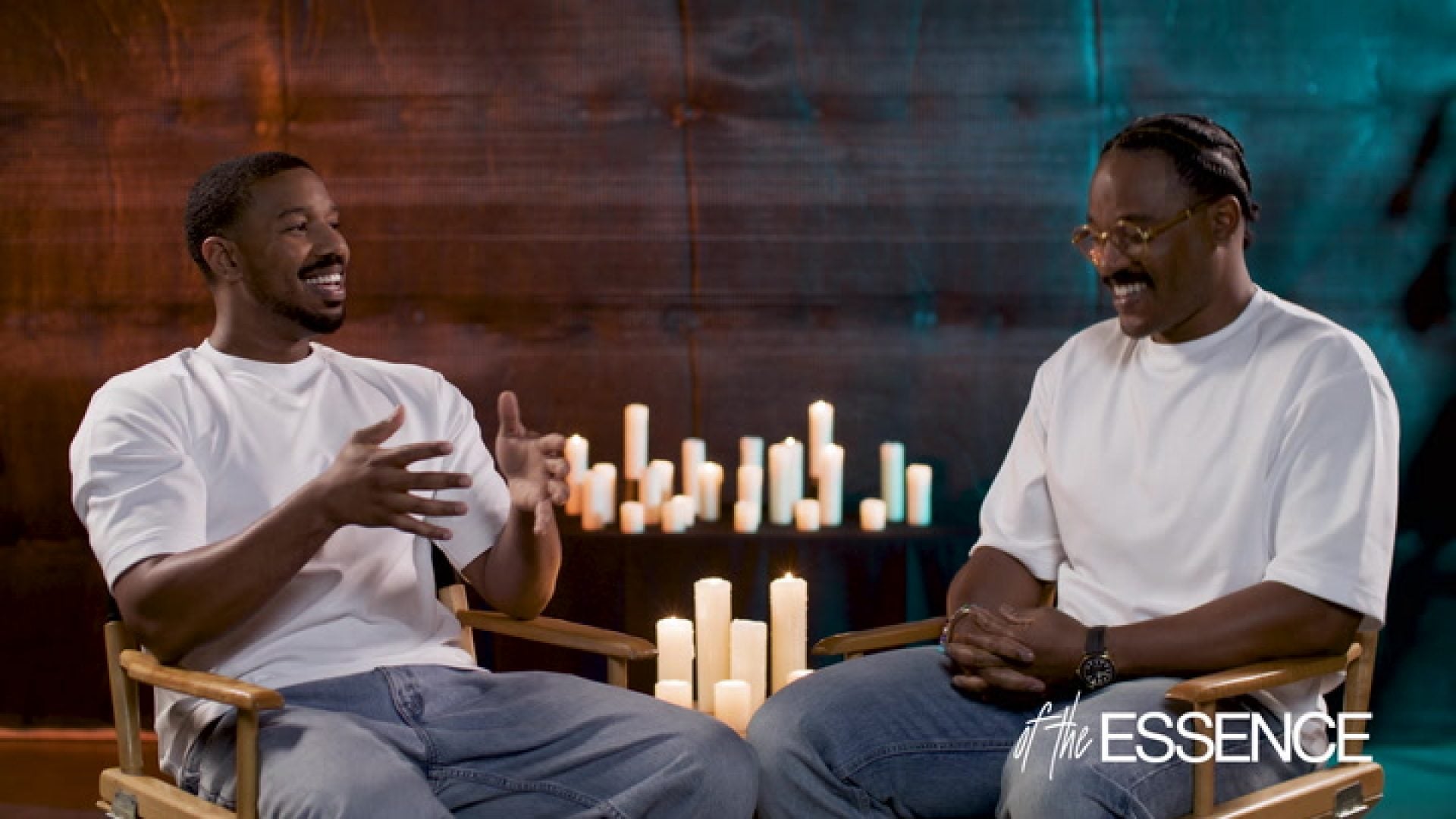
There’s a project that legendary singer/songwriter and producer Kenneth “Babyface” Edmonds has been working on for years that he’s incredibly passionate about. You won’t hear it on streaming services, and you can’t buy it in stores. It’s a different kind of work that’s close to his heart and helps many people: it’s his ongoing effort to raise money to aid individuals impacted by neurocognitive diseases like Alzheimer’s, as well as their families.
His work has been especially impactful to the Cleveland Clinic Lou Ruvo Center for Brain Health in Las Vegas. On October 16, he’s being honored at the Keep Memory Alive’s 25th annual Power of Love gala, which supports the Center, for his contributions. That includes performing at past galas, donating songs and studio sessions as an incentive to get others to be of support, and more. His desire to be involved, in whatever ways he can be, stem from watching his mother, Barbara “Spicy Lady” Edmonds, battle dementia and Alzheimer’s late in life.
“My mom, we were close. I used to call my mom every day and wouldn’t talk about anything, just to call and hear her voice,” he tells ESSENCE. “That was an easy thing to do, and it got harder as she started to get dementia and Alzheimer’s, because she didn’t want to talk on the phone at all.”
Around the age of 75, Kenneth’s family started to notice things were changing with Barbara, things she was trying to hide. She would repeat questions that were already answered, which was a small occurrence. Eventually, she began to do more noticeable things, like put orange juice and milk in the cupboard instead of the fridge. As things got worse, the family took her to the Lou Ruvo Center, where she was properly diagnosed. She was able to get medication that slowed down the degeneration process, and Kenneth, his brother, and a niece were able to work together to provide care for her. They supported her as her memory continued to decline.
“There would be times where I would be there with her, and she’d know it was me, but then she would say, ‘Well, this was great but I got to get home, get the kids.’ She’ll mention my name, ‘Kenny’s at home right now,’ as a kid,” he says. “I learned that you don’t fight that. You just kind of roll with it and say, ‘Okay we’ll try to get you there.’”
A woman whom Kenneth says was “very intelligent,” who went to college at 16 and worked at Eli Lilly’s as part of the team of people who created the first human insulin, he watched her slowly but surely lose her faculties.
“There’s a whole period where she was doing crossword puzzles and she would have them, and I noticed that all those crossword puzzles that she would do, there was actually nothing on it,” he says. “She wasn’t actually writing on it, but she was acting like she was doing them. So, at some point, those words escape.”
Barbara would pass away at the age of 80, not due to complications from her brain diseases, but because of an unexpected diagnosis of cancer of the kidneys. She died a month after they celebrated her birthday. The family threw her a party and Barbara was aware that she was surrounded by love. Kenneth believes it was actually a “blessing” that she passed soon after because it kept her from having to suffer through the worst effects of Alzheimer’s as it would have advanced.
“To lose memory of the people you love, and the people that are around you, I just call that the loneliest disease ever,” he says.
During his time being a caregiver for his mother, before she required the added assistance of a nurse, he learned the importance of making her comfortable and not confusing her. That required him to help her through “sundown syndrome,” where she would become scared and her personality would shift in the evenings. He also would “time travel” with her when he thought she was in a different year and tried to be patient when she asked the same questions again and again.
“As a caregiver, you have to know that they’re not doing anything to irritate you,” he says. “It’s just one of those things that comes with it, and you have to, hopefully, be understanding.”
He walked away from the experience of watching his mother’s battle with a great empathy and appreciation for caregivers. He also realized the necessity of resources like the Lou Ruvo Center, where a program is provided to financially help caregivers who may struggle to afford to provide for the needs of their loved one. So he helps, and will continue to help support the Center’s work. In memory of Barbara, they named a lunch and learn program after her and added her name to the Center’s honor wall.







“It’s hard to watch your loved ones slip away when they’re right in front of you, and you can’t stop it. It’s one of those things where you hope that we can find a cure for it,” he says.
While Keep Memory Alive is honoring him (as well as fellow legend Smokey Robinson) for his support, to be of any assistance in this fight is a true honor for him.
“To be completely honest, once you’ve received so many things over the years, it’s always great but it’s much greater when [the honor is] serving a purpose,” he says. “A purpose that is close to your heart, and something that didn’t affect just my family but effects so many other families.”





